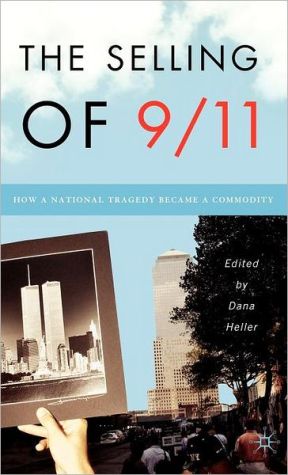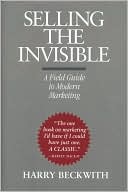Selling of 9/11: How a National Tragedy Became a Commodity
From American flag decals and replicas of the World Trade Center to an emotionally fueled advertising campaign for The New York Times, the marketing and commodification of September 11 reveals the contradictory processes by which consumers in the U.S. (and around the world) communicate and construct national identity through cultural and symbolic goods. Contributed essays take critical stock of the role that consumer goods, media and press outlets, commercial advertising, marketers, and...
Search in google:
The Selling of 9/11 investigates the consumer logic of post-9/11 political culture and the political logic of post-9/11 consumer culture
1Introduction : consuming 9/1112Wounded nation, broken time273"Chosen to be witness" : the exceptionalism of 9/11544Advertisements for itself : The New York Times, Norman Rockwell, and the new patriotism755The comfort zone : Japan's media marketing of 9/11976Entertainment wars : television culture after 9/111197The country connection : country music, 9/11, and the war on terrorism1558"Your flag decal won't get you into heaven anymore" : U.S. consumers, Wal-Mart, and the commodification of patriotism1749Mourning, monomyth and memorabilia : consumer logics of collecting 9/1120010Social fear and the Terrorism survival guide22111Home invasion and Hollywood cinema : David Fincher's Panic room23312Cynical nationalism254
\ From the Publisher\ "The Selling of 9/11 lays out for us in clear language exactly how the terrible events of that day led to a wholesale commodification of US nationalism. Whether or not you think the world changed on September 11 2001, you need to read this book. It will change the way you think about those events."--Toby Miller, University of California, Riverside\ "Although there have been many pained, pious and political responses to 9-11, very little has been said about business as usual-- about consumerism and commodification. This timely volume begins to break the silence. Is the proliferation of 9-11 memorabilia to be taken as a healthy alternative to national abjection, or is it just an irrepressible commitment to making money? What is the culture of kitsch, and the place of kitsch in culture? Does the national imaginary function best when generating self-parody, and if so could this be called critique? The Selling of 9/11 sets a remarkably high standard for the application of cultural studies models to the most sensitive domain of recent culture: the "attack on America" of September 2 2001."--David Simpson, University of California, Davis\ \








